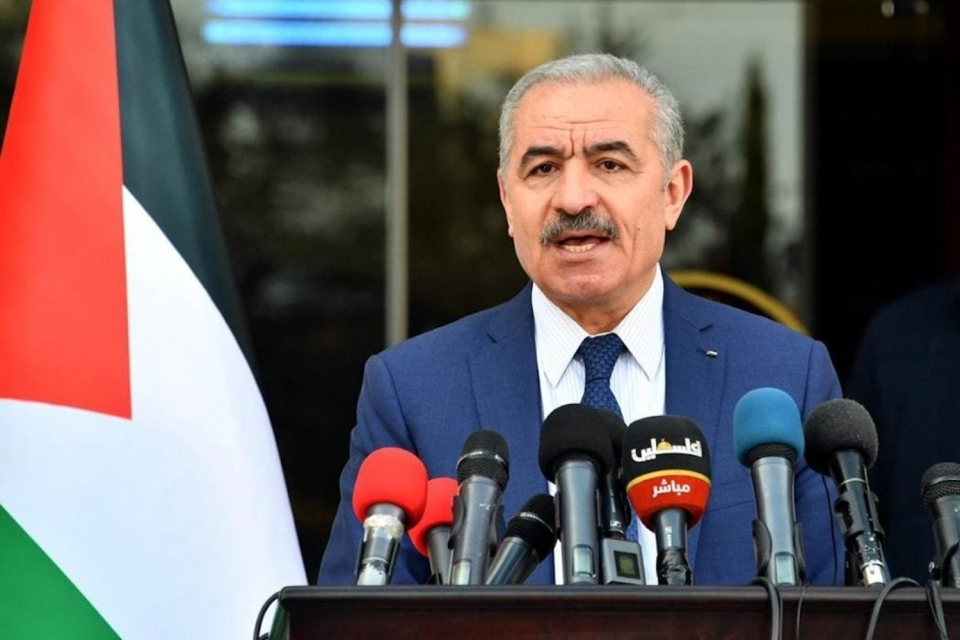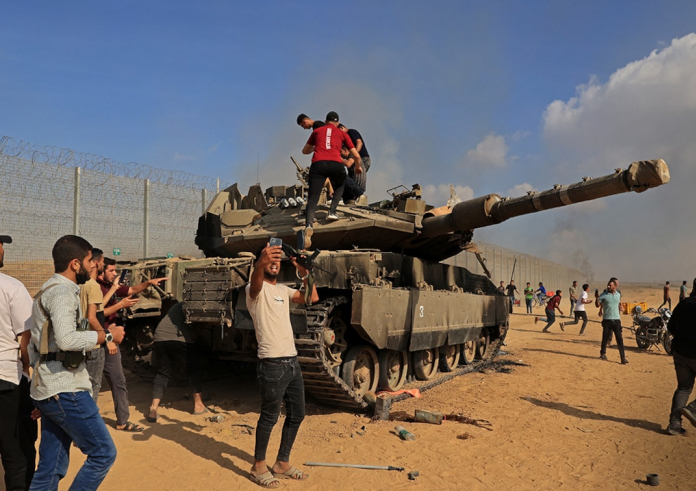In a recent development, Iran has voiced strong criticism against the United States, highlighting the apparent contradiction between its history of nuclear weapon usage and its current stance on nuclear disarmament. The Iranian Foreign Ministry spokesperson, Nasser Kanaani, took to social media to express his sentiments. He pointed out the irony that the US, the only country to have employed nuclear weapons, is now pointing fingers at Iran's peaceful nuclear program.
Kanaani emphasized the US's historical use of nuclear weapons as instruments of mass destruction and its support for a regime possessing the largest nuclear arsenal in the region. He questioned the appropriateness of the US assuming the role of a nuclear weapons ban advocate, considering its past actions, and dismissed the allegations about Iran's nuclear program as a blatant repetition of false claims.
The somber anniversary of August 6, 1945, serves as a reminder of the catastrophic consequences of nuclear warfare. On this day, Hiroshima endured the devastating impact of an atomic bomb, resulting in the destruction of the entire city and the loss of 140,000 lives. The US subsequently dropped another bomb on Nagasaki three days later, claiming an additional 70,000 lives.
Despite Washington's continuous concerns about Iran's nuclear program, the International Atomic Energy Agency (IAEA) has consistently affirmed its peaceful nature. This certification stands as evidence of Iran's commitment to the responsible utilization of nuclear technology.
Reflecting on history, it is evident that the language used by administrations to justify nuclear policies has often obscured the devastating consequences. The manipulation of terminology has been an ongoing issue, leading to global catastrophes. Furthermore, modern times have seen a dangerous disregard for true diplomacy in addressing the escalating nuclear threats, as demonstrated by the Bulletin of Atomic Scientists' Doomsday Clock reaching a concerning 90 seconds to midnight.
As of recent data, a number of countries, including Britain, China, France, India, Israel, North Korea, Pakistan, Russia, and the United States, possess a combined total of 12,705 nuclear warheads. These numbers underscore the urgency of responsible and diplomatic actions to prevent further proliferation and ensure global security.

















